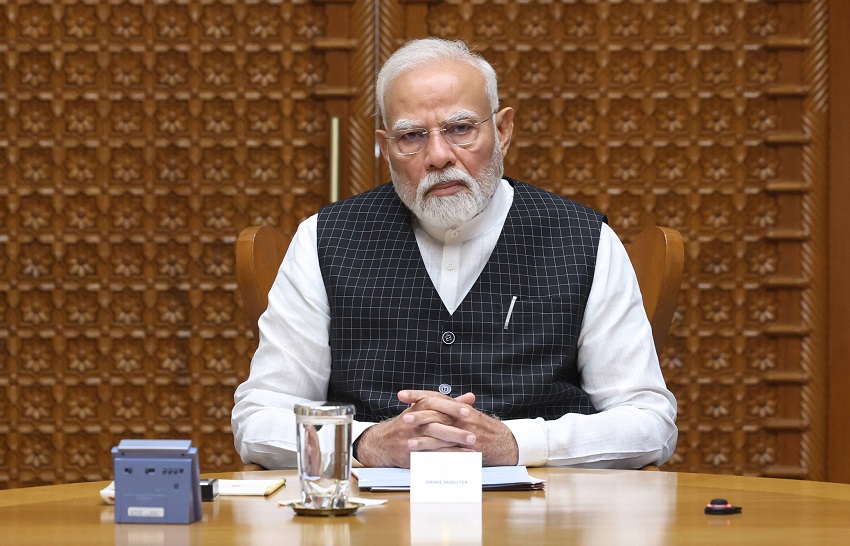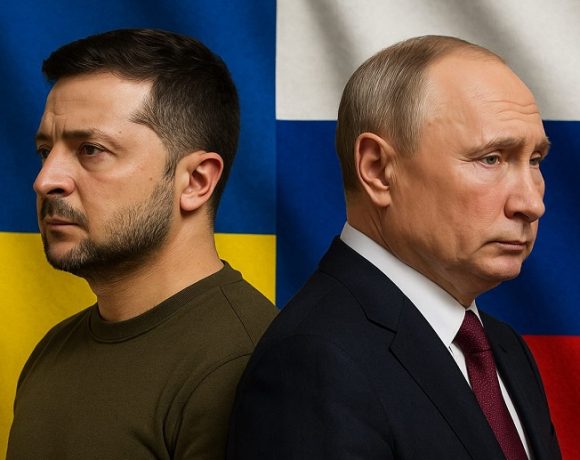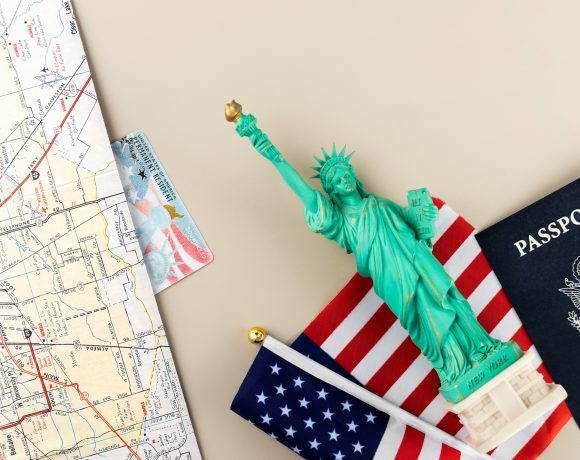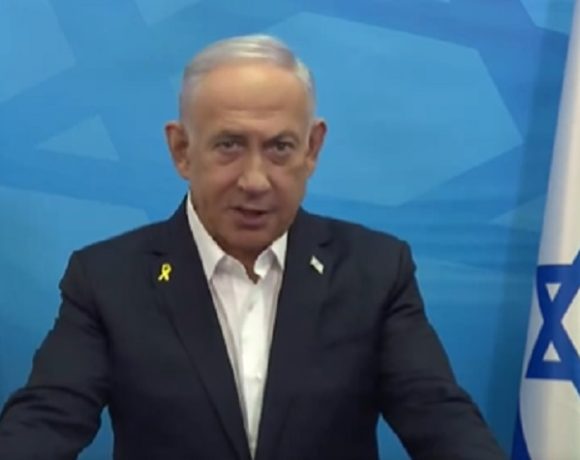
Canada Pays Price for Collapsed Ties with India: Ex-Top Diplomat
Former Indian Foreign Secretary Kanwal Sibal has criticized Canada’s approach to India, stating that the breakdown in diplomatic ties has hurt Ottawa far more than New Delhi. In a sharp rebuke, Sibal said that “Canada doesn’t own the G7” and cannot dictate India’s presence at global forums based on domestic or bilateral grievances.
He emphasized that other G7 member states, particularly economic heavyweights, continue to deepen their engagement with India, viewing it as a rising power central to future global trade and strategic stability. “If Canada believed it could isolate India, it clearly misjudged the shifting global order,” Sibal remarked.
G7 Invitation to Modi Highlights Strategic Pivot
The recent invitation extended to Prime Minister Narendra Modi for the upcoming G7 Summit in Kananaskis, Alberta, is being viewed as a significant shift. Despite tensions stemming from allegations around the 2023 Nijjar killing, Canada’s government has made a visible effort to re-engage diplomatically.
The invitation, issued during Prime Minister Mark Carney’s first direct outreach to Modi, suggests that Canada is recalibrating its foreign policy in light of domestic economic needs and broader geopolitical realignments. Indian officials, meanwhile, have welcomed the invitation as a pragmatic course correction.
Opposition Voices Back Re-Engagement
Canadian opposition leader Pierre Poilievre has backed the invitation, calling India a vital economic partner. He noted that strengthening trade ties and expanding technology and resource exports to India could offer a much-needed boost to Canada’s economy. His support underlines a rare moment of bipartisan consensus in Canadian politics on the necessity of repairing relations with New Delhi.
Changing Global Dynamics and G7’s Relevance
Sibal pointed out that the G7 bloc no longer holds the uncontested dominance it once did. With power increasingly shifting towards Asia, he argued, it is the G7 that needs India—not the other way around. He suggested that Canada’s attempt to push a hard line against India has left it diplomatically isolated even within the group.
The ex-foreign secretary noted that while India continues to build global partnerships, Ottawa now finds itself squeezed between domestic political pressure and the strategic expectations of more powerful allies, especially the United States.
Domestic Balancing Act Ahead of Summit
With Prime Minister Modi expected to attend the G7, protests from Sikh diaspora groups in Canada are anticipated. Sibal warned that Prime Minister Carney will have to manage internal dissent carefully while not derailing efforts to restore ties with India. The G7 summit will test Ottawa’s ability to walk the diplomatic tightrope between domestic sensitivities and international necessity.
The episode underscores a broader lesson: mismanaging relations with a key global player like India can carry costs far beyond symbolic posturing—and it’s Canada now learning that the hard way.


















